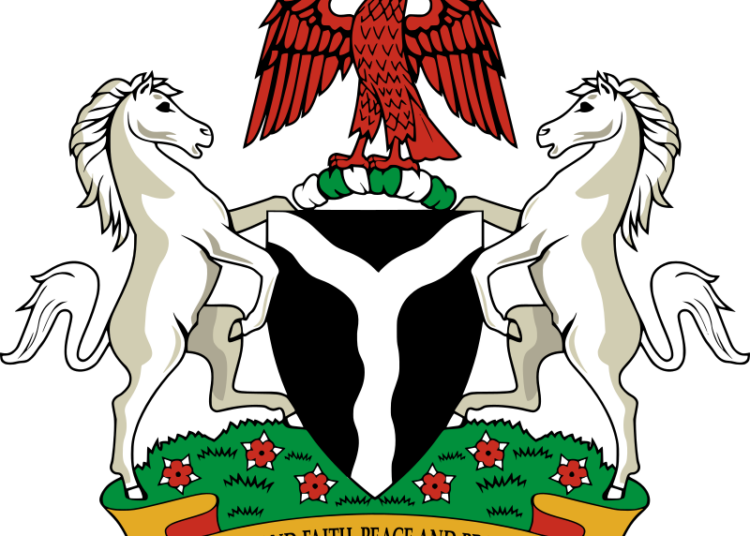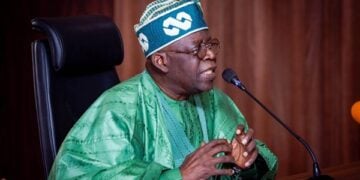A new survey has revealed that the Nigerian public sector is the most affected by corruption with over 10,000 encounters reported, highlighting a critical area for reform.
The survey with the title: ‘Nigeria Corruption Perception Data’, conducted by Prof. Babafemi Badejo of the Department of Political Science & International Relations, Chrisland University, Abeokuta, sampled opinions of about 1,500 respondents across age sets and gender from the six geopolitical zones of the country through the administration of questionnaires in December, 2023.
Findings indicated that corruption pervades all sectors of Nigerian society, including those traditionally viewed as moral and ethical pillars, such as religion/
An overwhelming majority of respondents, 1269, answered ’Yes’, indicating a significant perception of corruption within religious institutions.
The results suggested that efforts to combat corruption in Nigeria must also address its presence within religious organisations, challenging as that may be given their influential and sensitive roles in society.
The survey also showed that a good number of respondents, numbering 725, have encountered some level of corruption in dealings with civil societies organisations/non-governmental organisations in Nigeria, underscoring the critical need for comprehensive anti-corruption measures that target all sectors, including those that traditionally aim to combat corruption.
It identified the prevalent forms of corruption in Nigeria as: diversion of government funds into private pockets; abuse of power for self-benefit; bribing law enforcement officers in order to avoid due punishment; vote buying; award of contract on government projects on agreed kickbacks; nepotism/favoritism; receiving money to render services; manipulation of contract bids; paying illegal protection money and extortion, including money for the assurance of a place in heaven.
Others are examination malpractices, inflating contract values in government procurement in order to share the difference, giving money to receive services, paying bribe for favourable judgment, vote selling, award of contract in private company on agreed kickbacks, giving jobs to family members or close relations, diversion of company funds into private pockets, inflating contract values in private companies, payments to fake workers and offers of sex for services or grades.
The data indicated that a vast majority (89.4%) confirmed current efforts to combat corruption are not working, and it showed a prevailing sentiment of distrust towards government anti-corruption measures, with a significant portion of respondents expressing a lack of confidence and belief in their effectiveness.
The findings showed that there is the media-public relationship concerning corruption in Nigeria, pointing to both the potential and the challenges faced in using media as a tool for public education and change in the fight against corruption.
The survey called for comprehensive anti-corruption strategies that address the multifaceted nature of corruption in Nigeria, emphasising enhanced transparency, accountability, and public engagement to combat corruption effectively and restore public confidence in anti-corruption efforts.
It also urged all stakeholders to collaborate in the fight against corruption, highlighting the importance of a united front in tackling this pervasive issue, and fostering a culture of integrity and accountability across Nigeria.
The study recommends that the government re-evaluate and strengthen current anti-corruption strategies, work towards rebuilding trust by enhancing transparency and accountability, and improve the communication of the outcomes of anti-corruption campaigns to demonstrate tangible results.










